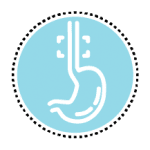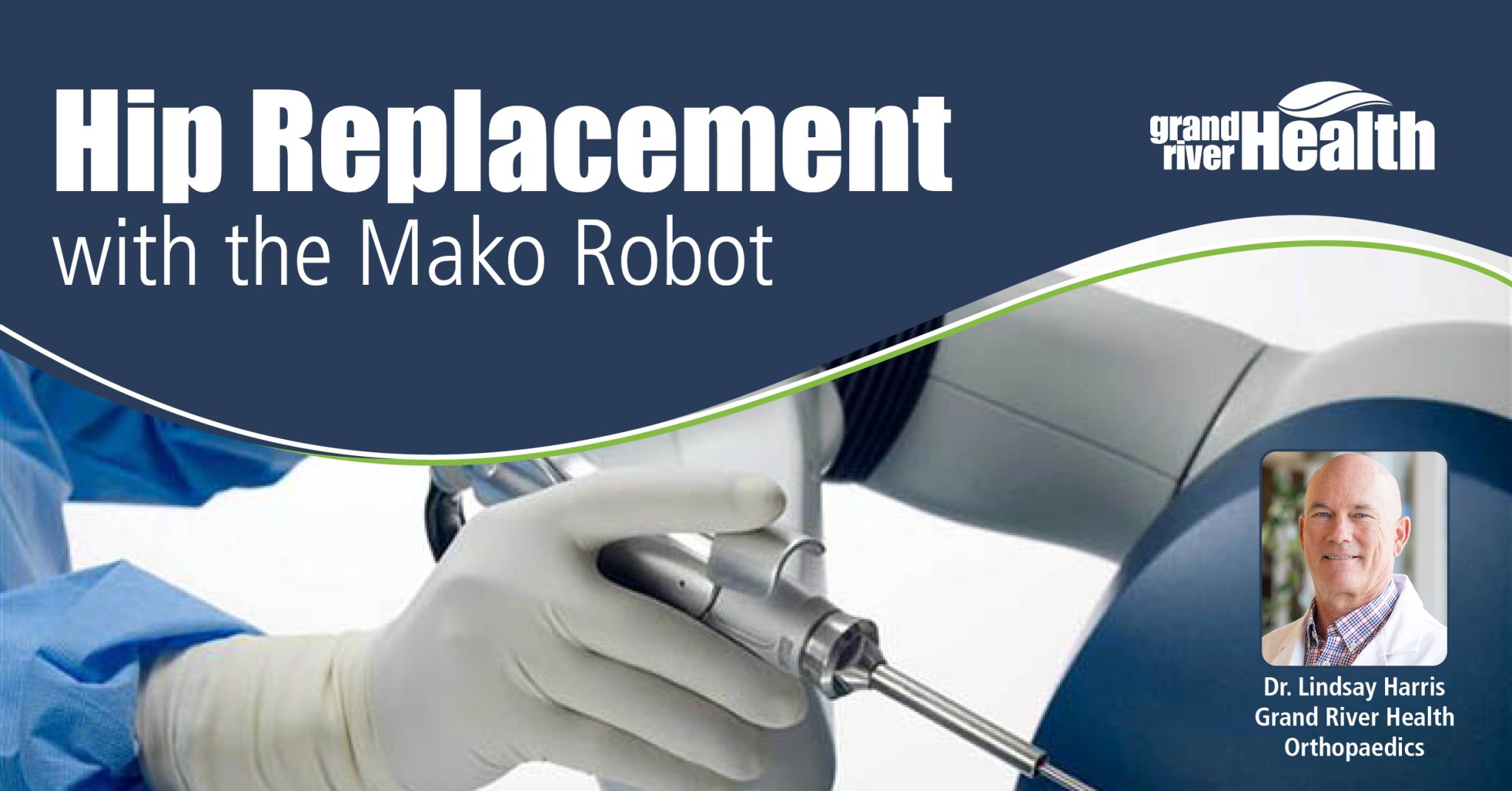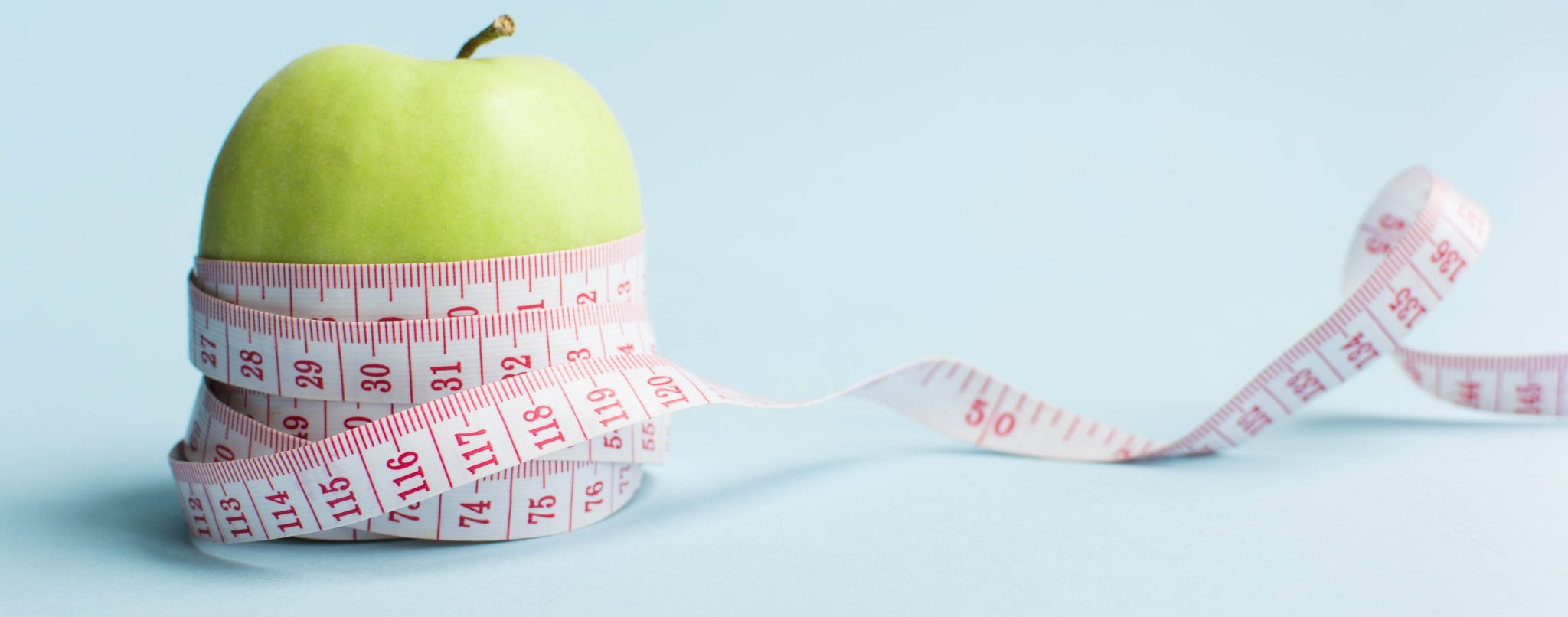What is a Fluoroscopy procedure?
Fluoroscopy is an imaging technique that uses a continuous x-ray beam to pass through the body part being examined. It allows for the body part to be seen in “real time” rather than a snapshot image like an x-ray. Fluoroscopy procedures provide detailed moving images of the body part being examined. Much like an x-ray these procedures are simple and painless and used to diagnose or treat abnormalities. Body systems that can be imaged include the skeletal, digestive, urinary and reproductive systems.
What are the reasons for a Fluoroscopy procedure?
There are many reasons why your provider may order a fluoroscopy procedure some of which many include locating a foreign body, a lumbar puncture (remove small amounts of CSF for testing), myelogram (inject contrast to look for problems in the spinal canal), Upper GI (images the upper portion of the gastrointestinal tract), barium enema (images the lower portion of the gastrointestinal tract), or an arthrogram (visualization of a joint).
What are the risks of a Fluoroscopy procedure?
Fluoroscopy does use radiation to obtain the necessary information needed to diagnose or treat an abnormality. The amount of radiation varies depending on the type of procedure you are having. The probability that a person will experience any effects from the fluoroscopic procedure are very small. If the procedure is medically necessary, the radiation risks are outweighed by the benefit to the patient. Please tell your provider is you are pregnant or think you may be pregnant.
What to expect during the Fluoroscopy procedure?
You will be asked to change into a gown and remove all jewelry. A contrast substance may be given depending on the type of the procedure performed either by swallowing, enema, IV, or injection. A fluoroscopy machine will then be used to visualize the body structure being examined. Most procedures last between 30-60 minutes.
Types of Scans
Indications: Focuses on the oral cavity, pharynx, and cervical esophagus. Indications include, but are not limited to:
- aspiration (coughing or choking during swallowing)
- difficulty swallowing liquids and /or solids
- sensation of blockage or discomfort to the throat or retrosternal region
Prep: None
Indications: Focuses on the esophagus and its entry into the stomach. This may include an evaluation of the swallowing mechanism with liquid consistencies. Indications include, but are not limited to:
- Non-cardiac causes of chest pain
- Symptomatic or suspected gastroesophageal reflux
- Esophageal spasm/tumor
- Suspected tear following an Endoscopic dilation
Prep: No eating or drinking after midnight
Indications: Focuses on esophagus, stomach, and duodenum. Indications include, but are not limited to:
- Suspected ulcer/hiatal hernia
- Gastroesophageal reflux/pain
- Dyspepsia/Nausea/Vomiting
- Signs and/or symptoms of upper GI bleeding
- Anemia/Weight loss
- Early satiety
Prep: No eating or drinking after midnight
Indications: Focuses on entire large colon. Indications include, but are not limited to:
- Change in bowel habits
- Incomplete colonoscopy
- Rectal bleeding
- Diverticulitis or polyps
- History of diverticulitis
Prep: The day before your exam drink only clear liquids (see list below). At 8pm prior to the exam, drink (1) 10oz bottle of Magnesium Citrate (may be chilled). At 10pm take (3) Dulcolax tablets with water. The morning of the exam insert (1) Dulcolax suppository 2 hours prior to the exam.
Clear liquid diet includes:
- Water
- Tea and black coffee without any milk, cream or lightener
- Flavored water without red or purple dye
- Clear, light colored juices such as apple, white grape, lemonade without pulp, and white cranberry
- Clear broth including chicken, beef or vegetable
- Soda
- Sports drinks such as Gatorade and Propel (light colors only)
- Popsicles without fruit or cream; no red or purple
Indications: Focuses on the bladder’s shape and size. Indications include, but are not limited to:
- Suspected leaking after a pelvic surgery/injury
- To detect polyps or tumors in the bladder
- Follow up abnormality seen on ultrasound or CT
Prep: None

Please call for available appointment times: 970.625.1100





